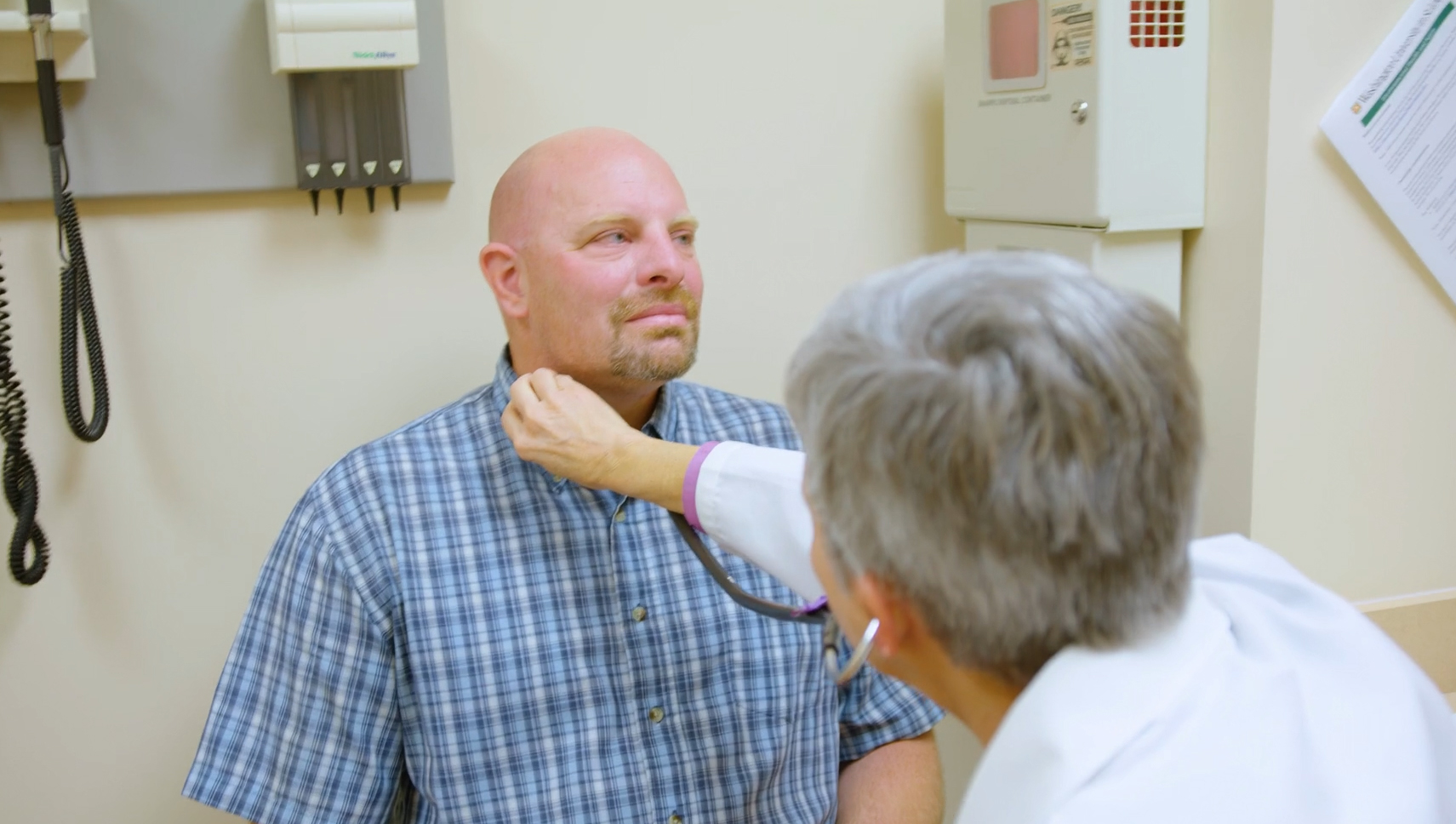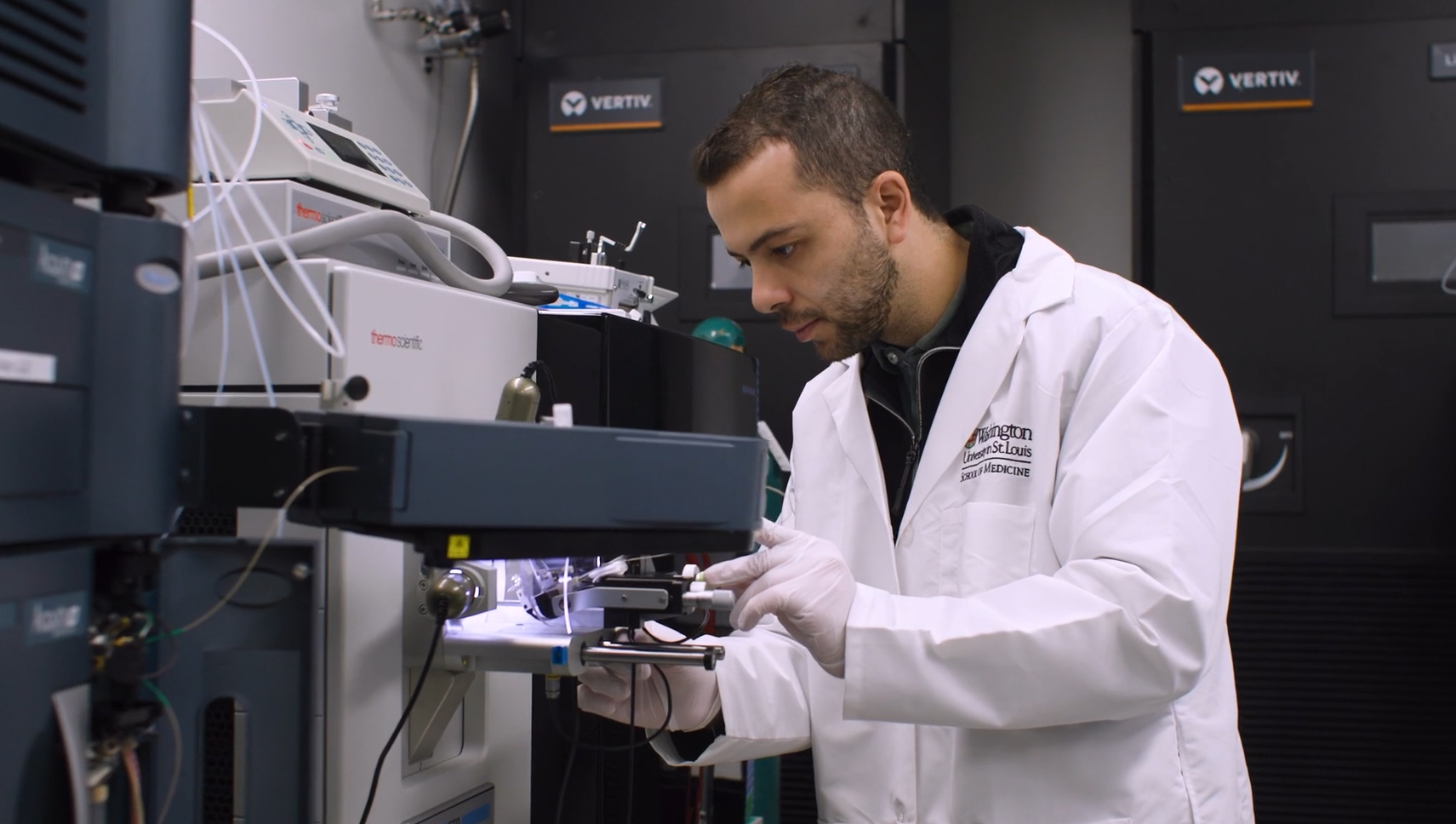The Dominantly Inherited Alzheimer Network (DIAN) works directly with individuals and families who are impacted by DIAD or who are at risk for developing the disease. There are three independent but related efforts currently under way.
Our three major research efforts

DIAN Expanded Registry
An international repository whose purpose is to connect individuals and families who are or may be affected by dominantly inherited Alzheimer’s disease (DIAD) with researchers studying the disease. The Registry welcomes family members, researchers and health professionals to join.

DIAN Observational Study
A longitudinal, natural history study that enrolls family members who have parents with a mutated gene known to cause dominantly inherited Alzheimer’s. While there are no drug treatments tested in DIAN Obs, researchers follow individuals and family members to see if insights gained could lead to better understanding of how the disease progresses in order to identify solutions to prevent DIAD or minimize its impact.

DIAN Clinical Trials
Implements interventional therapeutic trials for at-risk families with dominantly inherited Alzheimer’s disease (DIAD), focusing on drugs that can potentially change the course of the disease. Multiple clinical trials are now underway to evaluate promising drugs to treat DIAD. The DIAN Trials Unit (DIAN-TU) enrolls in two types of trials: primary prevention trials and secondary prevention trials.
Our research

Investigators
Search and request data from the DIAN Observational Study and DIAN-TU clinical trials.

Collaborators
Browse our study locations and learn about becoming a collaborator site.

Research Fellows
Apply to become a research fellow, and meet current and past fellowship recipients.

Symposium
Attend our triannual gathering examining target validation of data from DIAD.

The Pharma Consortium
Meet the pharmaceutical and research partners that enable Alzheimer’s drug development.

Publications
Search the hundreds of publications that utilize DIAN Obs and DIAN-TU data.

Latin America Expansion
Learn about research partnerships expanding into Latin America.